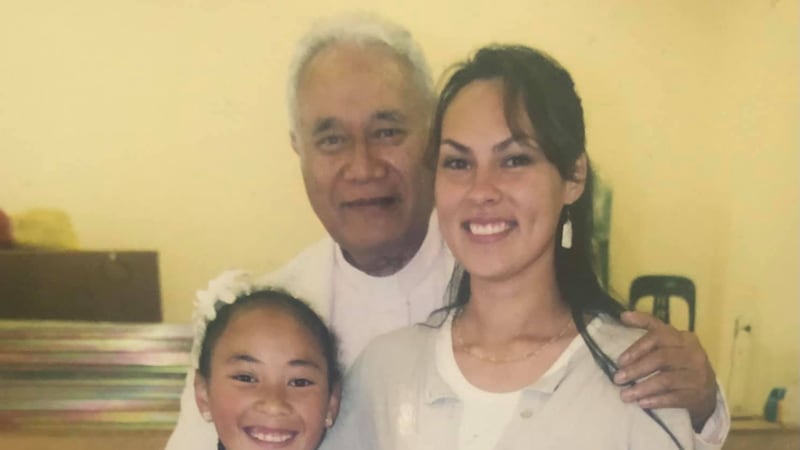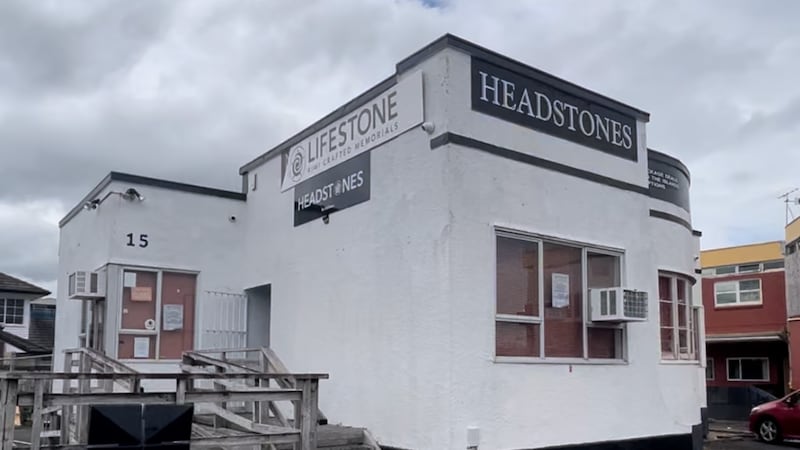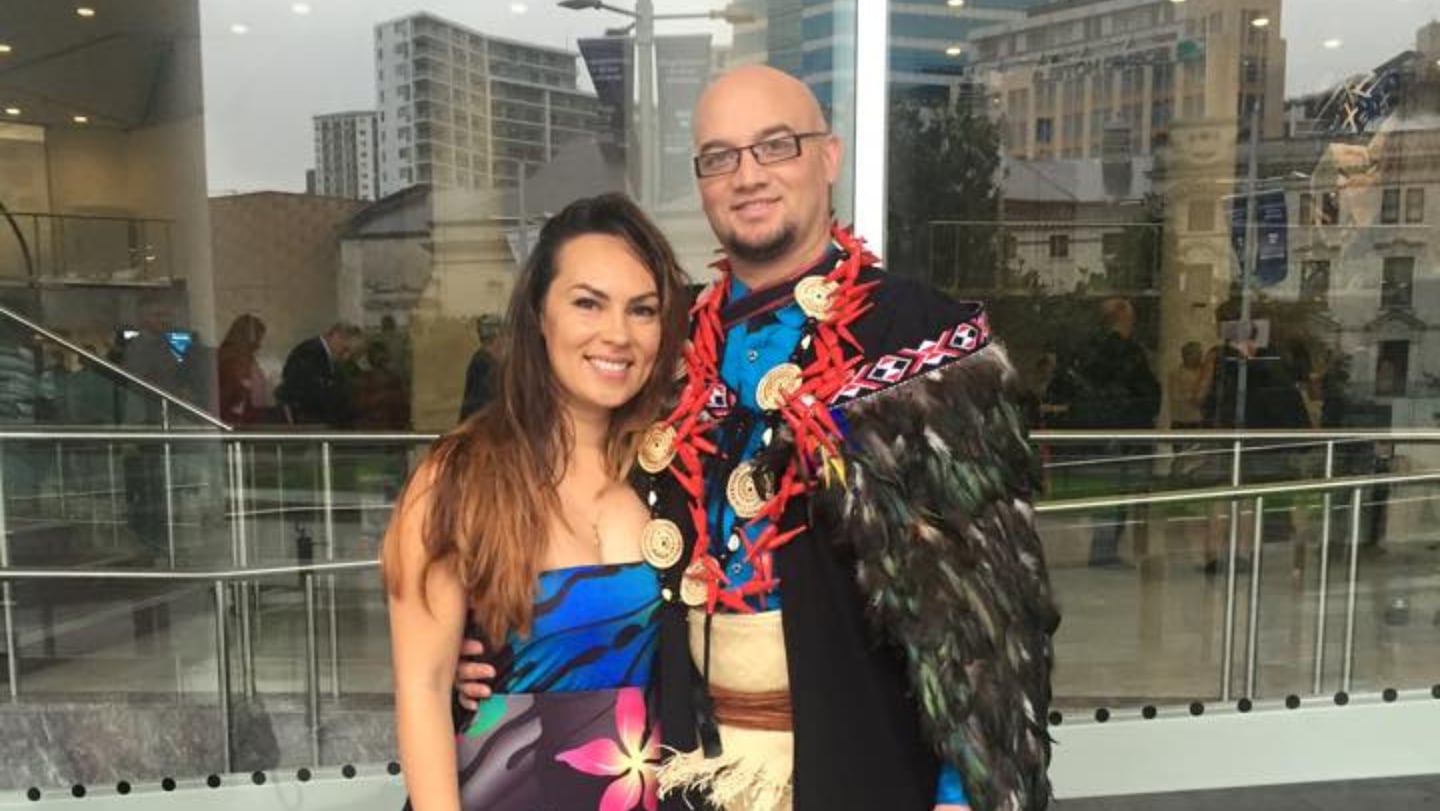Husband and wife duo finding innovative ways for Pacific and Māori to remember their loved ones through their latest product with life stones, not grave stones.
Susanna (Samoan / Niuaen) and Dain Guttenbeil (Māori / Tongan) run Lifestone NZ, Aotearoa’s only council-approved headstone markers for graves.
Their stones are 100% hand-crafted using only natural materials and invite customers to decide what their loved one’s memorial plaque can be made of.
Susanna (Auala / Hakupu) says it started when she bought a gravestone for her deceased father.
She was shocked to hear that more than 97% of headstones in Aotearoa are shipped in from overseas such as India, China, and some as far as Norway.
“I come from a family of service. My Dad was a pastor and my mum was too.
You live and breathe in the space for your people, why would you go and get a taonga from another country to lie where you are buried? We went down this journey of “stuff that”, we are just going to make our own,” Susana said.

The idea caught the attention of the public and saw their first Lifestones made for the passing of Herbs band member Thom Nepia.
A key to what sets them apart from many others is their grave markers come digitally powered.
This means they have a barcode on the stone that people can scan on their phone via their ‘Lifestone’ app to watch memories of buried loved ones.
The technology was developed when Dain’s brother became terminally ill and wanted something to hold memories for his children.
From there Dain (Ngāpuhi, Ngāti Wai / Vava’u) invested time and money and called it ‘The Life Legacy Code.’
“We’ve had 800 exclusively almost all being Māori and Pacific people who have felt that they could use this technology. That to me now means that we’ve proven it works if it’s done right.
Having gone through extra steps, which cost a fortune, it would have been way easier to use a QR code. But we developed our own mechanism, our own scanning technology, and it was the right thing to do.” Dain says.
Waikumete Cemetery in West Auckland is home to more than 70,000 graves and recently made it known that there are only eight plots left.
Susan and Dain are in the process of building grave markers that can hold many lots of ashes with their life legacycode attached for whanau who wish to choose cremation as an option.
Dain says a headstone like this could extend the use of Waikumete Cemetary for another two hundred years because the spaces needed would be just headstones.
“One of those questions and challenges that we have now is our own culture, is how do we move to a more sustainable practice, where we don’t put the pressure on our mokopuna to have to find more land for the dead, instead of supporting the living,” he says.
Dain operates the business full time with Susanna taking up a full-time role at Pacific Media Network to help fund the business and provide for their family.
Susanna understands this is what it’ll take for their dream to thrive.
“Knowing that something we created, has transformed the industry, for the better and for Pacific.
And, that death is a call to action for some people because it was for me, hopefully my dad is proud.”

The pioneering couple’s inspiration for their drive in their work has come from the death of their second daughter Nova Talagi in 2016.
In memory of their daughter, a change in their business name is underway to have their name changed from ‘Lifestone’ to ‘Nova Memorial’.


